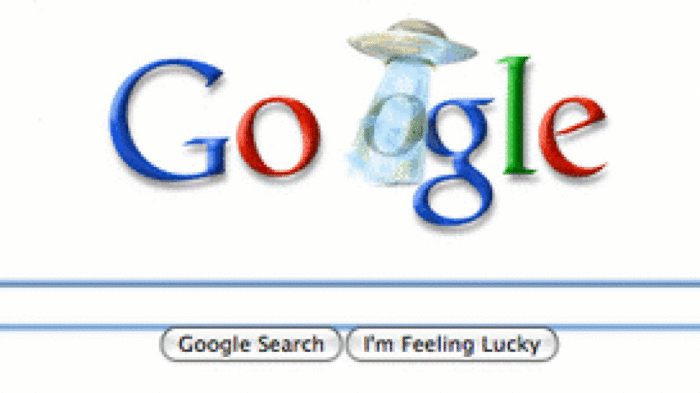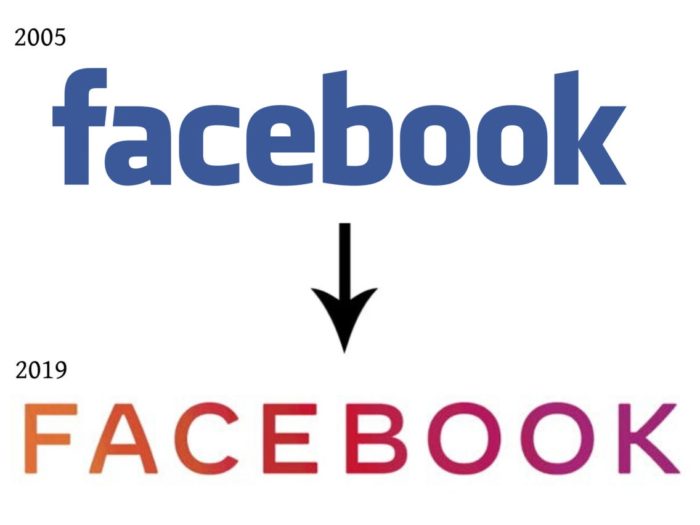By Oscar Mata
Never before have we been so reliant on the internet. With the recent Coronavirus isolating families around the globe within their homes, the internet has reached unparalleled amounts of use. From entertainment to education, the internet has given us so much it’s impossible to imagine a modern world without it. But through our dependence on the internet, we’ve begun to shape our perception of the world based on information found online. Luckily, with so many sources constantly updating themselves, the internet always has credible information for all to see.
But at times, finding these sources can be impossible.
It’s often thought that search engines are unbiased, that their only purpose is to provide it’s users with a variety of sources from which the user can form their own opinions based on a myriad of views. But the results that appear on Google for you won’t be the same as someone living across the country. Most media websites utilize microtargeting, the marketing strategy that distributes results based on consumer data and demographics. These websites analyze user information to build profiles and allow advertisers to target groups of people based on specific traits. For example, when searching for “Absentee Ballots” someone in Pennsylvania might be directed to a site with information on how to vote while someone in Oklahoma would see an article about the illegitimacy of the ballots.

It’s through microtargeting that as far as the internet is concerned, you are living in a bubble. The information fed to you online is only what your search engines and social media platforms think you want to see. By limiting what you do and do not see, websites are shaping perspective and censoring beliefs that don’t align with what their advertisers desire. Furthermore, people from areas with a dominant political party will rarely ever switch parties because all the information they can gather supports said party.
In response to microtargeting concerns, Facebook argued that “In the absence of regulation, Facebook and other companies are left to design their own policies. We have based ours on the principle that people should be able to hear from those who wish to lead them, warts and all, and that what they say should be scrutinized and debated in public.”
But what gives these platforms the right to limit what we see online? Even though as private corporations they aren’t held accountable to the First Amendment as the government is, media companies still shouldn’t be allowed to pick and choose what information to give to what audience. By doing so, they are effectively shaping our political landscape more than even the districts that divide each state.
As a third party, media companies should remain completely unbiased to political activity in any country. They should in no way interfere with politics beyond being a medium to broadcast all information to all audiences. Whether it be instilling a tax on platforms for selling user information or outright banning political microtargeting, something needs to be done to protect our right to information.


